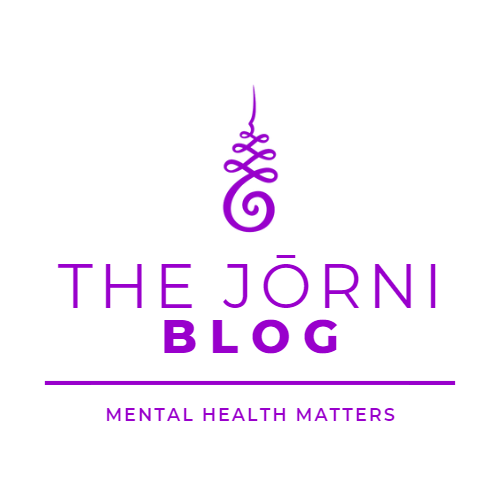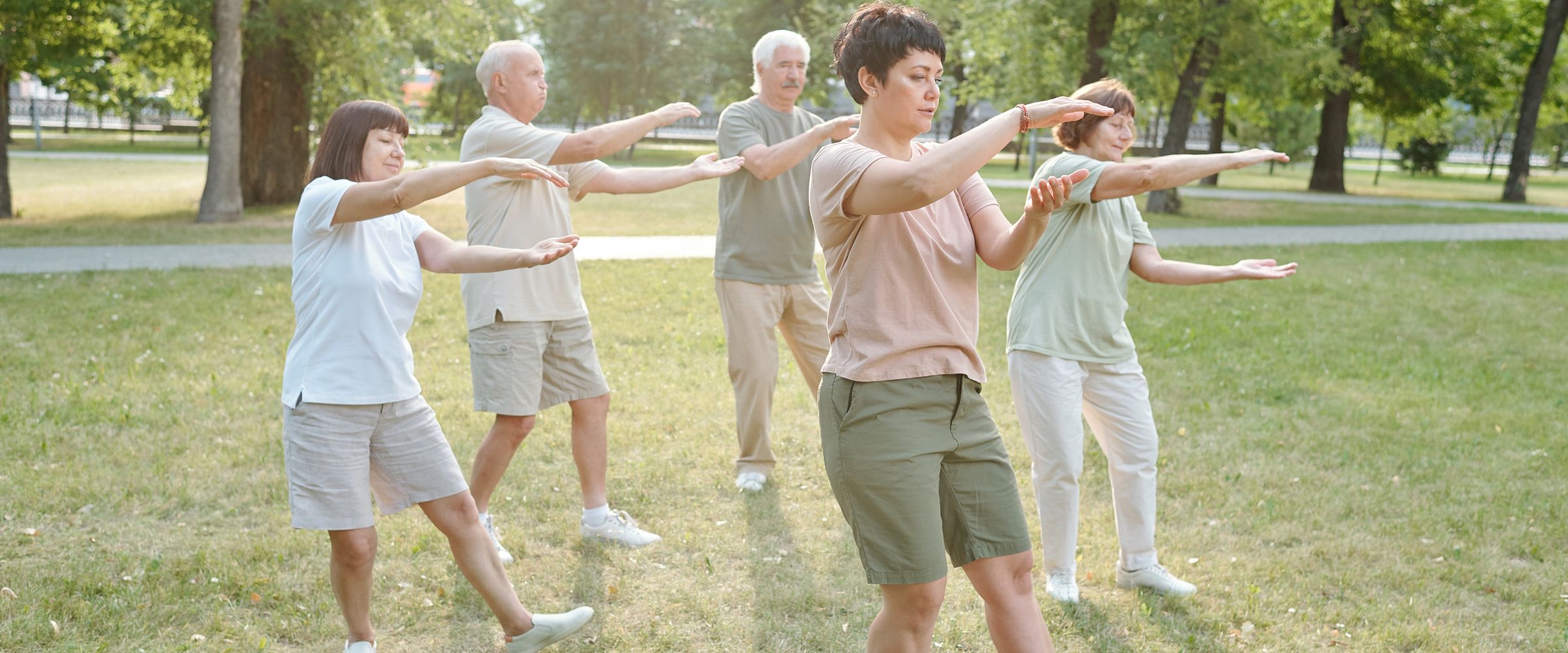The Ancient Practices of Qigong and Tai Chi
It’s all about energy
Working with energy is an ancient practice. It seems that nowadays, we stamp a lot of it off as “woo woo”. But, energy healing has its roots in some ancient traditions that are millennia old. If we are all made of energy, it makes sense that working with energy could bring about profound changes within us and in the world around us.
Recently, I had the privilege of speaking with Carey Shoemaker on the podcast. Carey is a Qigong and Tai Chi teacher, currently living in Thailand. She talked about how these ancient practices not only have the potential to heal, but also bring about a positive attitude towards life.
Have you ever seen a group of people in a park practicing slow circular motion in unison?
You may have wondered what the heck they are doing. And what the movements are all about. It’s very likely that you watched them practice Qigong or Tai Chi. This is the art of harnessing life force. This life force is known as Qi, which flows through the meridians of the body, through arteries and vessels. These are the same channels that are tapped by an acupuncturist during the healing process.
“To those who want to know the way to deal with life; I suggest love people.”
- Chan San Feng
And don't think Qigong is just for old people! Let’s look at where these practices came from and how you can incorporate them into your healing journey.
Qigong FOr Healing
Qigong is a Chinese art that can be practiced in both stationary movements and physical exercise. It focuses on cultivating emotional and spiritual health to relax the mind and body. The meditation involved in Qigong is usually focused on sounds, images, breathing patterns, specific concepts, and ideas.
Many additions and changes have been made to Qigong for over 5000 years, both for mental and physical health. But its core has remained the same. It helps refine and strengthen the inner energy called Qi. Qi is considered to be the unseen vital force of nature. It helps in sustaining wellbeing and can contribute to healing processes as well. Qi is the base of Traditional Chinese Medicine (TCM) and it is the point of focus in many approaches, including acupuncture, Chinese physical therapy, and herbal medications.
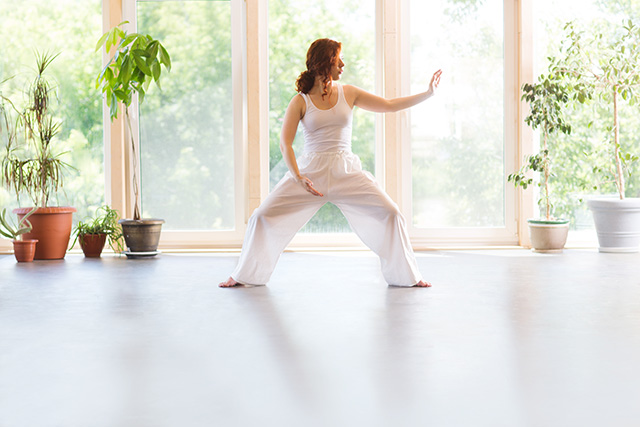
Qigong exercises are meant to provide a deep connection with Qi for better healing. Qigong is multi-dimensional as it helps in getting in touch with Qi and clearing out the blockage throughout the nervous system. As your Qi gets stronger, your body strength and awareness grow as well.
Qigong usually involves a series of set movements that include body postures, deep breathing, meditation, relaxing exercise, etc. These exercises increase balance and alignment, blood circulation, and loosen muscles, preventing any injury to ligaments, bones, and joints. Qigong has been found to be very effective in speedy recovery from operations and injuries. It also helps in balancing emotions and regulating the nervous system.
Tai Chi As A MARTIAL ART
Tai Chi dates back hundreds of years. It keeps you mindfully present while everything else is going around you. Initially, it was a martial art but soon people started using it for healing purposes. Tai Chi has become one of the most effective exercises that can bring physical and mental balance.
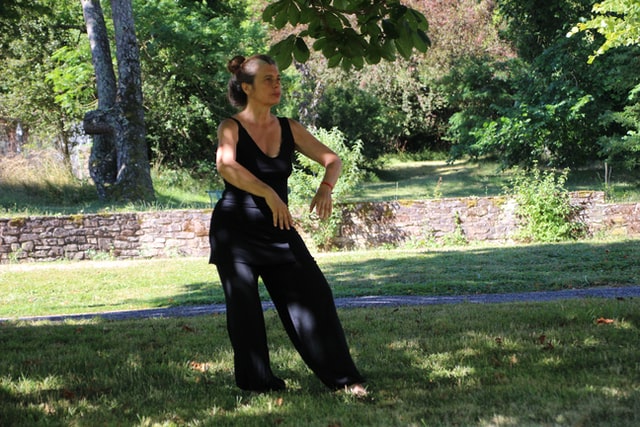
Tai Chi includes gentle exercise with deliberate, yet practiced, movements that are repeated several times. It is all about moving your inner energy by stretching your body and making certain moves. This is a sort of meditation for both inner and external components of the body (Jahnke et al., 2010). These movements are accompanied by deep breathing.
Most of the exercises practiced in Tai Chi help improve posture, flexibility, and balance. They are low impact and very gentle on the body. Tai Chi is incredibly graceful and lets you grow each day in whatever way is needed for you.
Tai Chi can help build stress resilience, encourage healing, and promote balance, wellbeing, peace, relaxation, and longevity. It can also help with pain management, cognitive function, and lowering stress and anxiety (National Center for Complementary and Integrative Health, 2020). It has an overall holistic impact on the body and mind.
Qigong and Tai Chi Benefits
There are so many known benefits for both Qigong and Tai Chi. Both practices can help strengthen bones and muscles, supporting the physical body in its daily activities. They can also promote wellbeing and longevity, encouraging better health as we age (Sancier, 1996). Of course, both practices also promote endurance, balance, strength, and flexibility, through gentle movements.
Qigong and Tai Chi can support better wellbeing while undergoing cancer treatment. And they can be useful in managing high blood pressure, autoimmune disorders, low mood, anxiety, stress, arthritis, heart disease, and digestive disorders. The combination of physical movements and breathing techniques can support your mental health healing journey and promote overall wellbeing.
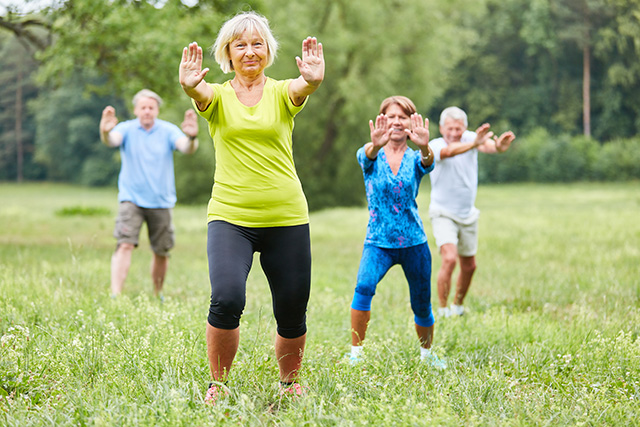
Both practices have the same basic principles and include synchronized body movements. Tai Chi is maybe more choreographed and lengthy in its movements, whereas Qigong’s movements are easy to learn and practice. There are many similarities in both practices. If you are a complete beginner, you may find it easier to start with Qigong. You can already learn movements in your first session and use them to promote your health and wellbeing.
The Takeaway
If you want to try energy healing and working with energy, Qigong and Tai Chi are both amazing options. The gentle and focused movements are great for low impact, or people who start off with some mobility issues. As you start working with Qigong and Tai Chi, you may find your connection with your body and mind deepening. And you might experience better focus and concentration in your day to day activities.
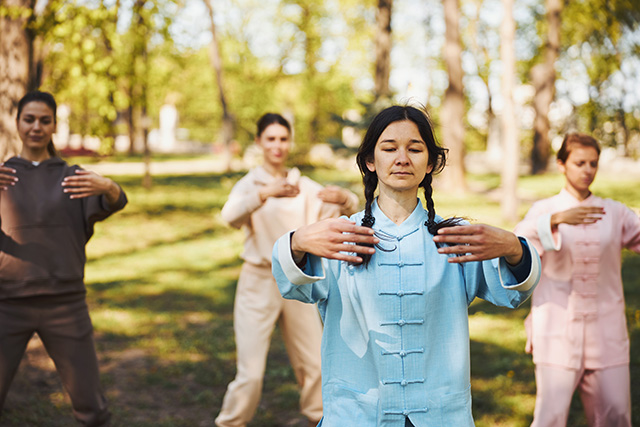
You will also become more aware of your breath and how it connects everything in your body.
Meditation can take you to a whole other level of self-exploration. Sometimes, in the deep focus of meditation, you might discover your own inspiration and creativity.
These practices affect both your physical and mental wellbeing in a positive way. So, if you want to start making changes in your life, but don’t know where to start - connect with those people in the park. Or, try out an online Qigong class.
You might be surprised at the physical, mental, and emotional benefits you experience!
Sources
Jahnke, R., Larkey, L., Rogers, C., Etnier, J., & Lin, F. (2010). A comprehensive review of health benefits of Qigong and Tai Chi. American Journal of Health Promotion, 24(6), e1–e25. https://doi.org/10.4278/ajhp.081013-lit-248
National Center for Complementary and Integrative Health. (2020, April). Mind and Body Approaches for Stress and Anxiety: What the Science Says. U.S. Department of Health and Human Services. Retrieved August 4, 2022, from https://www.nccih.nih.gov/health/providers/digest/mind-and-body-approaches-for-stress-science
https://thejornipodcast.com/episode-5-qigong-and-tai-chi-with-carey-shoemaker
